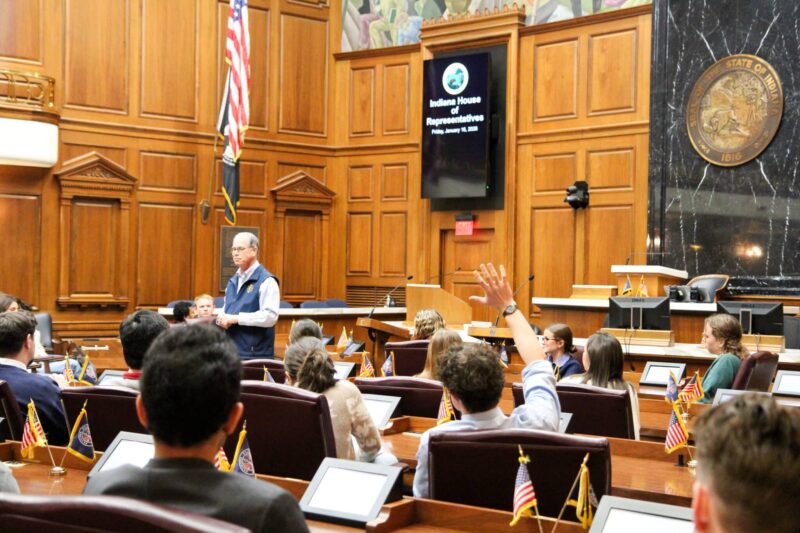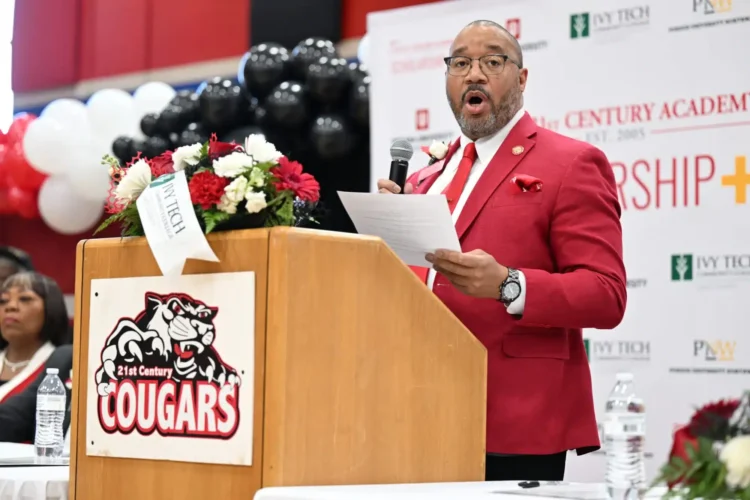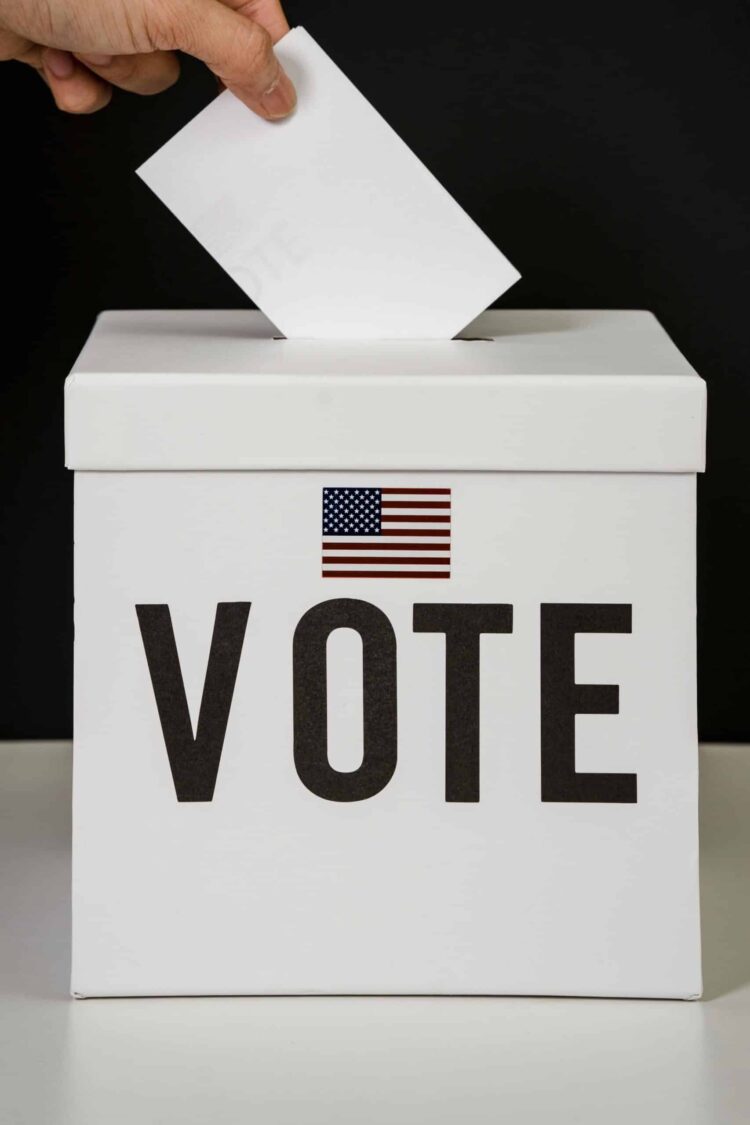I was in the fourth or fifth grade. It was five or six years after an assassin’s bullet ended Kennedy’s life.
For young people at that time, JFK seemed the embodiment of all that was good about America. He represented both courage and compassion, idealism and practicality, youth and wisdom.
I was a bit young for the book then—he and his ghostwriter Ted Sorenson aimed it at a junior high school audience—but I’d always been a precocious reader.
And trying to figure out how to live with integrity and grace in a nation that seemed determined to tear itself apart mattered to me even when I was just 9 or 10 years old.
I didn’t grasp some of Kennedy’s examples of courage.
As a child, I thought only in terms of physical bravery. I didn’t understand then that people could be frightened by other things, including threats to personal dreams they’d clung to and nourished since they were themselves children.
And that confronting such threats was exactly what Kennedy wrote about.
Now, more than a half-century after that first reading, we live in an age when the sort of courage JFK extolled is rare.
Many Americans—and almost all Republicans—cower before a president who has no more use for the U.S. Constitution or the rule of law itself than a hippopotamus does for an encyclopedia. These Republicans fear Donald Trump’s wrath so much that they place a higher value on pleasing him than they do honoring their oaths of office or their best selves.
With good reason.
If President Trump has demonstrated anything, it is that he is a vindictive weasel, a creature without conscience or constraint who will destroy anything or anyone regardless of the consequences for doing so just so he can demonstrate that he is in charge.
Defying him requires courage.
That’s why it’s appropriate that former Vice President Mike Pence received the John F. Kennedy Profile in Courage Award this year.
A bipartisan committee from the JFK Library chose to honor Pence for resisting Trump’s intense pressure that the then-vice president refuse to certify Joe Biden’s election to the presidency in 2020. Pence opted to perform his constitutional duty and to refuse to kowtow to Trump even after the once-and-future president summoned a mob to Washington, D.C., sent it to the Capitol and then refused to intervene while members of that mob ransacked our democracy’s temple, all the while screaming, “Hang Mike Pence!”
I’ve known Mike Pence for nearly 40 years.
We agree that the sun rises in the east and sets in the west, but almost everything else is up for debate.
That’s another way of saying that his convictions are not my convictions, but that’s beside the point.
That point is that he does have convictions, unlike so many other members of his political party. When he faced the greatest test of his life, he did not fail to meet that test.
He honored those convictions.
He also honored the Constitution, his oath of office and his best self.
While he was doing so, Pence was smart enough to realize that his actions would cost him.
Dearly.
Childhood friends of his say that Mike Pence began wanting to be president of the United States about the time he started to walk. He’d worked hard through the years in pursuit of that dream, putting aside what could have been a lucrative legal career, performing endless political favors and abasing himself before a crude and amoral man to get closer to his goal.
Because he wanted to be president.
And he knew that the stand that he took on Jan. 6. 2021, likely would throw any chance he had of becoming America’s commander-in-chief away.
The submerged thesis of John F. Kennedy’s book is that courage requires sacrifice. One is not brave if nothing lies in the balance—if there are no consequences for one’s actions.
Mike Pence sacrificed a dream he’d held dear for most of his life.
He did so in order to do his duty as both a servant and a citizen of this nation.
That’s why he deserves the JFK Profiles in Courage Award.
It’s also why he merits the respect of even those who disagree with him.








